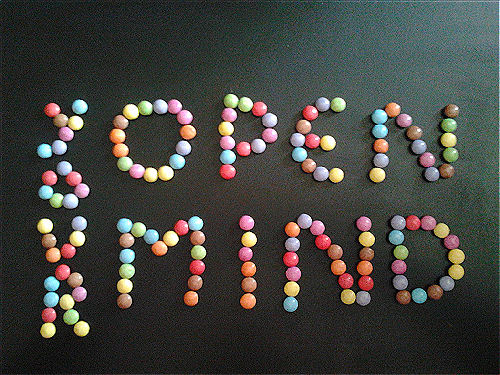Reflection on Open Letter Draft
In this blog post, I will reflect upon my draft of my open letter using the bulleted list on Student’s Guide page 253-6 to explain what I’ve learned about my draft from the peer review process.I revised Joki Potkonjak's and Lia Ossanna's Draft of Open Letter.
Did you demonstrate an ability to think about your writing and yourself as a writer?
Yes, I demonstrated an ability to think about my writing and myself as a writer. I made sure to reflect on what I did in the past including all of my struggles, lessons learned, and challenges in high school that helped me in college this course. I think that this helped me to think deeper about myself as a writer because I had great English teachers in the past that taught me a lot that I was able to apply to this course.
Did you provides analysis of your experiences, writing assignments, or concepts you have learned?
Yes, I provided analysis of my experiences, writing assignments, or concepts I have learned. I mostly focused on my time management and my writing process. I think that these were the most impactful on me because I finally was able to change my writing to be more planned and less of a procrastinated mess.
Did you provide concrete examples from your own writing (either quotes from your writing or rich description of your writing process)?
I provided concrete examples from my own writing because I described it thoroughly. I also provided some direct quotes from my past posts. I think that this benefitted my letter because it gives the reader a better understanding of my experience and my learning process. |
| Princess Theater. "APPLAUSE." 5/13/09 via flickr. Creative Commons Attribution 2.0 Generic License. |
Did you explain why you made certain choices and whether the choices were effective?
I explained why I made certain choices and whether the choices were effective. I did this because I knew that I needed to explain myself in order for other people to better understand me. For example, I tried to explain why I decided to schedule my time better. I thought that doing that would allow the reader to get a better insight from my experience and not only just read what I have to say.
Did you use specific terms and concepts related to writing and the writing process?
I used specific terms and concepts related to writing and the writing process. For instance, I mentioned specific writing styles or genres. I also tried to mention how I would not plan as much of my writing out prior to this course. This course taught me that my writing process has improved majorly due to my change in my writing process. Therefore, I needed to use the concepts in order to explain how my writing process had changed.
In what ways did your personal or reflective writing engage these habits of mind?
My personal and reflective writing engaged these habits of mind in the ways that revolved around procrastination. Both my personal and reflective writings used to involve procrastination which is a bad habit of mind and that I used in the habits of mind mentioned in the previous questions. I think that this allowed me to definitely understand my downfalls. Not only was I able to understand what I was doing wrong, but I learned how better manage my time. This has helped me as well.
What challenges did you face in your personal or reflective writing assignment?
I found it challenging to reflect on this post the most. I think that writing while reflecting is usually not hard. Writing about the challenges and successes that I faced allowed me to keep an interest in my writing since it was focused on me. Overall, I never had any huge challenges. I think the most challenging things that I experienced would be referring back to my old blog posts and to actually sit down and connect my new experience to my old. I think that this was the most important part about my letter. Focusing on the conventions and genre was a struggle, but it was enjoyable.
What did you learn about yourself in this assignment? What did you learn about your writing process?
I learned that my writing is continuously changing. Earlier in the year, I thought that I had no hope in this course. However, I realized that I adjusted my poor writing habits to be better through managing my time. This helped the most because I think that I genuinely do not procrastinate with my writing as much now as I did before this course. This assignment allowed me to reflect back on my experience and to see it written down. This helped me actually believe that I improved because I had evidence from my Calendar Reflection and other posts that highlighted this.
How can you use the skills and strategies you learned in this chapter in other writing assignments?
I can use the skills and strategies learned in this course in other writing assignments. I know this for a fact because we focused a lot on genre and conventions. I felt like we did this in high school as well. However, we learned more writing genres than I ever learned previously. I think that this was the most effective skill that can be applied in the future because it is important to write a genre properly that appeals to your audience.











